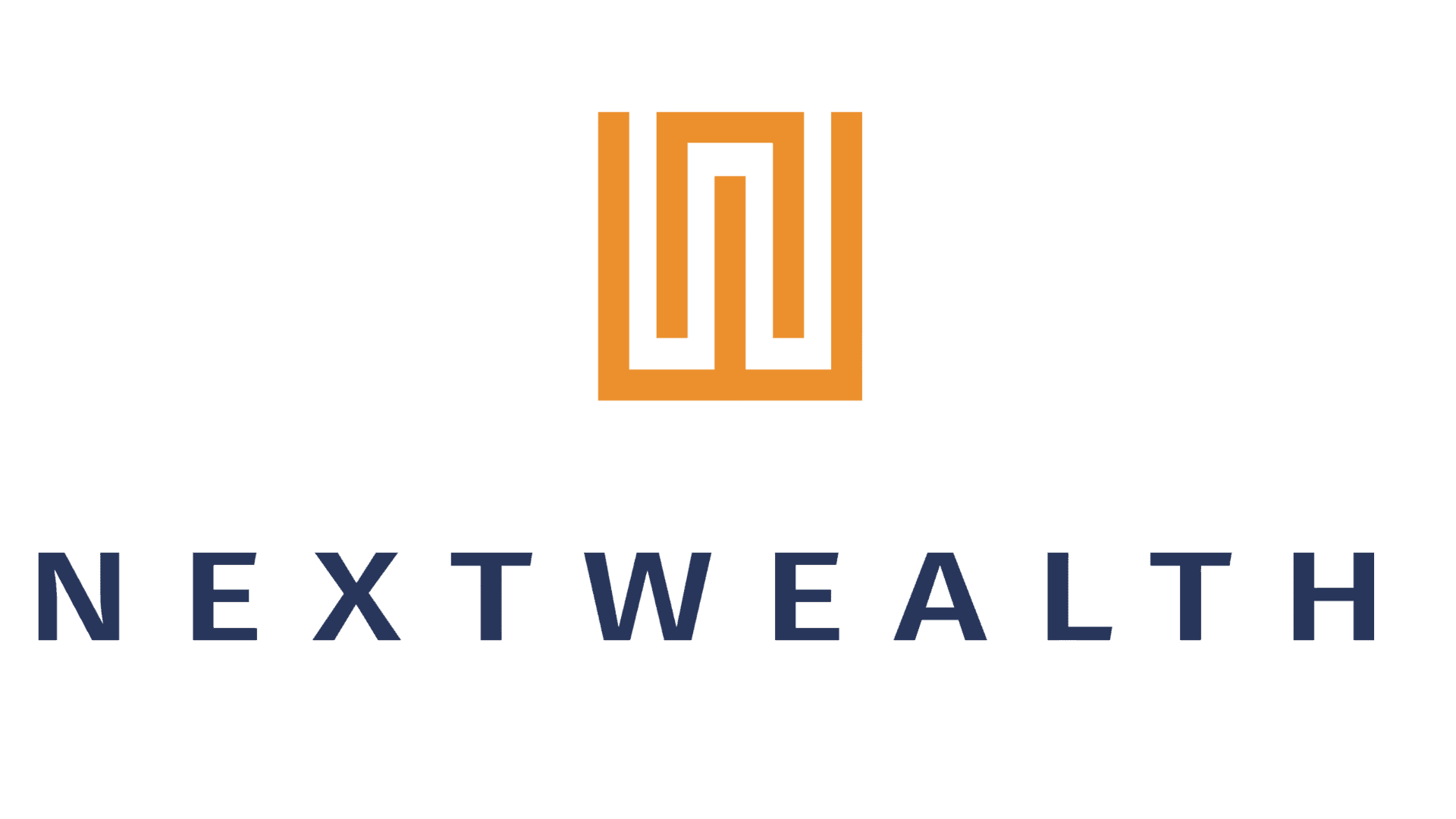Customer loyalty, chaos and the ripple effect
By Heather Hopkins | 01 February 2022 | 4 minute read
“Reward loyal customers now or risk losing them.”
(The following update was sent to *loyal* readers of our newsletter. Sign up here. )
I’ve been thinking a lot about customer loyalty and drivers of change — and about how chaos and forcing a re-think can have a powerful impact on customer retention.
The quote is from an interview between Barry Ritholtz and Jim McKelvey on the Masters in Business podcast. Jim is the author of “The Innovation Stack” and a co-founder of Square – now Block – with Jack Dorsey who, until recently, led Twitter.
Barry tells a story about Starbucks, which recalled its reward points during the pandemic. “Use them or lose them” they said. Barry contrasts this to Delta Airlines: “your silver medallion status is fine, we’re going to roll it over for a year, don’t worry about it.” You can imagine what Barry plans to do — stick with Delta and avoid Starbucks.
Starbucks forced a re-think and Barry now buys his coffee elsewhere. And of course he is even more committed to Delta.
And that’s the ripple effect.
I’ve spent my career trying to understand drivers of buying behaviour, most recently considering choice of platforms and other tech solutions, as well as investment propositions in advice businesses.
In the case of Starbucks, Barry realised that his frustration had been growing and the incident motivated him to find alternatives. Circumstances change, which force loyal customers to re-think their choices. Sometimes companies bring it on themselves, as Starbucks did, but often these jolts are caused by external factors such as regulatory change, tech innovation, market dynamics or even a global pandemic.
Here’s another example. I spent much of last year speaking with executives at large financial advice firms about appetite to launch bespoke or white-label platforms. One executive I interviewed told me that Nucleus’s acquisition forced a re-think. His firm mainly uses Transact and Nucleus. When Nucleus was acquired, this sparked a review. They had not intended to change platform but the new ownership of one of their partners led to the review. When Nucleus was acquired, the new owners could factor-in their own expectation of customer retention to the price paid. Transact by contrast had done nothing to jostle the customer relationship, but a big chunk of business suddenly was at risk.
Forcing a re-think is a major driver of customer behaviour and customer loyalty. It applies to coffee shops, airlines, platforms, financial advice businesses and online supermarkets.
I’m a loyal Ocado shopper. When they dropped Waitrose and partnered with M&S, it forced a re-think. I prefer Waitrose meat. My colleague Julie likes the fancy French products from Picard. Both our households’ loyalty to Ocado were at risk. The change also introduced an opportunity for other online grocery shops. This is an important part of the story — these moments of friction create business opportunities as well as challenges.
There is another aspect that makes this theme particularly prescient as we emerge from the pandemic: the idea of chaos. When you are in a panicked state — when you are in chaos — something is disrupted and you are in a heightened state of imprintability. As Jim says on the podcast: “If Starbucks does you a service at that moment, if they help you out, they get a customer for life. Conversely if it is at that moment that they choose to jab their thumb in your eye, then you’re going to hate them.”
Providers who pulled up their socks and doubled down on service are emerging stronger from the pandemic. Those that continue to take six months to re-reg assets or 90 days to set up an LOA are in trouble. We’re not asking for much — stop jabbing your thumb in your customers’ eyes!
For financial advice firms, I suggest thinking about the points that force a re-think for your clients. Market shocks (have you looked at your portfolio recently?) and scandals (Woodford), for example, are out of your control and need a thoughtful response. What are you doing that might cause a re-think? Can you capitalise on the disruption in other businesses to grow your own business?
And coming back to that initial quote, how can you reward your loyal customers? We all know that keeping customers is easier than finding new ones. It’s not just about avoiding a re-think but also rewarding that loyalty — particularly in times of chaos. How can we all be more like Delta and less like Starbucks?
(The following update was sent to *loyal* readers of our newsletter. Sign up here. )


